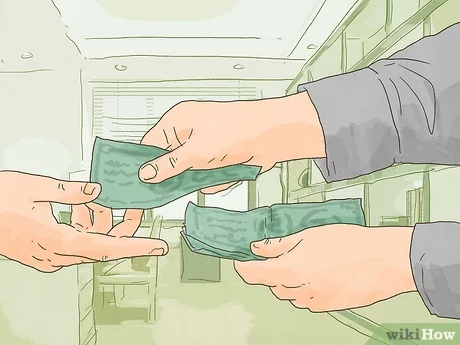
One of the biggest challenges for small businesses is getting paid on time; it can make the difference between whether a business is in profit or loss. A clear collection procedure ensures that by collecting debts owed to you, any sales made will add to the profitability of your business. Unless you receive payment for the job you have undertaken, it becomes nothing more than an expense. Therefore, as a small business it’s important to ensure you have sound debt collection and client communication procedures in place.
Recovering bad debt is not always a quick process and unfortunately can cause crippling problems for small businesses. Slow payments create cash flow problems that can cost you, the business owner, time and money.
The importance of implementing and maintaining solid debt collection procedures, for dealing with delinquent accounts, is crucial to your business to avoid bad debt. The process should start from when the credit is provided, not once the goods are delivered. It is a good idea to perform a background credit check on your prospective client before any credit is provided.
The Process of Collecting Debts
The small business debt collection process must include persistent and regular follow-ups that become more severe depending on the nature of your business and the client you are dealing with.
One of the first considerations should be invoicing. Invoicing needs to be performed in a timely manner and should include your business’ payment terms. Does your invoice clearly state when payment is due? Structured and consistent invoicing habits are a must for any small business owner who wants to avoid bad debts.
Once the payment is officially overdue it is good practice to call or email the customer, to remind them that payment is now overdue. If possible include methods of payment, so as to make it as easy as possible for the customer to make prompt payment. If payment remains overdue it may then become necessary to follow up with another call, issue a final notice and finally send a formal letter of demand. Make sure to keep a record of all correspondence and contact with the debtor.
The next steps are then to engage a professional debt collector. Benefits associated with engaging a debt collector include instant and assertive action, a dedicated account manager and ‘no collection – no commission’ deals.
It’s important to remember that the collection of overdue accounts should be a regular task, not just something that is given attention when cash flow is poor. A good collections process will allow you to grow your business by ensuring your payments are received in a timely manner, whilst maintaining your client relationships.
Choosing a Debt Collector
Choosing a reputable debt collector is one of the most important decisions you can make for your business’s cash flow. Lost revenue is a serious issue and you should do everything possible to collect on the money you’re rightly owed.